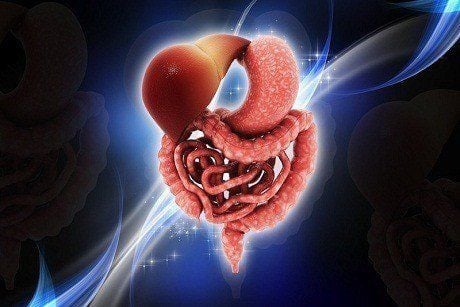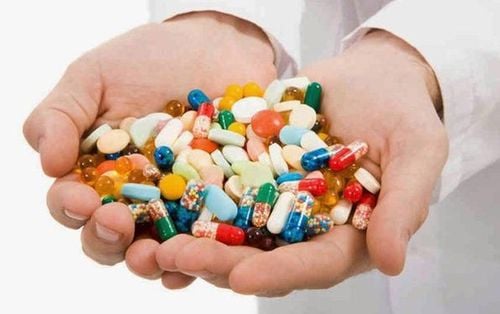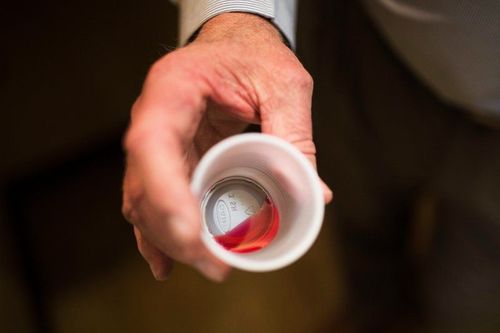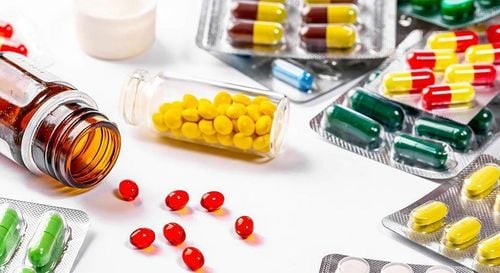This is an automatically translated article.
Oral medications can affect the digestive system in a number of different ways. Although both prescription and over-the-counter medications are generally safe and effective, they can also be harmful to the stomach or cause intestinal dysfunction. Therefore, each person needs to know about drugs absorbed in the intestine and common side effects to have appropriate prevention.
1. Drugs that irritate the esophagus
Some people have trouble swallowing tablets or capsules. Usually, tablets/capsules that stay in the esophagus can release chemicals and cause irritation of the lining of the esophagus, ulcers, bleeding, perforation, or narrowing of the esophagus. The risk of this condition is higher in people who have had problems with the esophagus, including:
Ever had a scarred esophageal stricture; Scleroderma ; Esophageal muscular dysplasia (expression of irregular muscle activity of the esophagus, slowing down the movement of food); Stroke sequelae. In addition, certain medications can also cause esophageal ulcers when they get stuck there, including: Aspirin, some antibiotics, quinidine, potassium chloride, vitamin C, and iron.
2. Drugs that cause reflux esophagitis
Some drugs interfere with the action of the sphincter, which is located between the esophagus and stomach. This muscle allows food to enter the stomach after swallowing. This can increase the risk of reflux or prevent the acidic contents of the stomach from entering the esophagus.
Medications that can increase the severity of GERD include:
Non-steroidal anti-inflammatory drugs (NSAIDs); Nitrates; Theophylline; calcium blockers; Oral antibiotics; Birth control pills; Stomach irritation. One of the most common stomach upsets is a class of non-steroidal anti-inflammatory drugs (NSAIDs), which include ibuprofen and other common pain relievers. These drugs, if used inappropriately, weaken the ability of the stomach lining to resist acid and can sometimes lead to ulcers of the stomach or duodenum, gastrointestinal bleeding, or perforation of the stomach. thick.
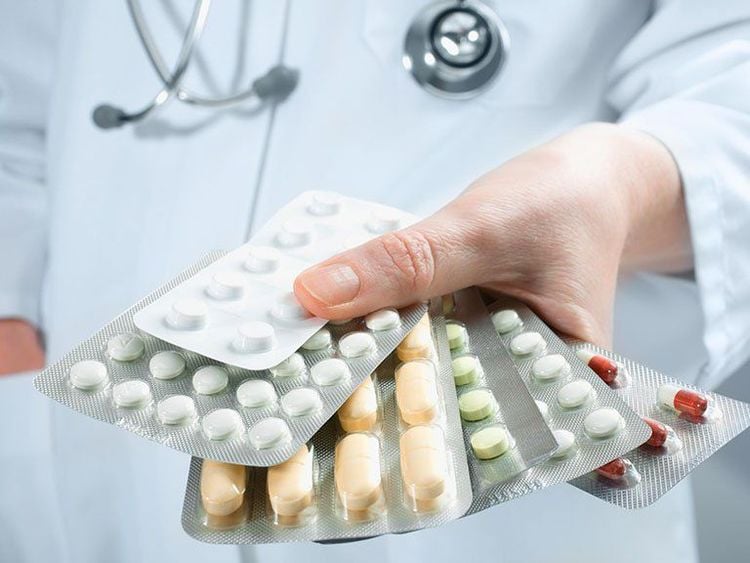
Một trong những thuốc hại dạ dày phổ biến nhất phải kể đến là nhóm chống viêm không steroid
3. Drugs that slow down gastric emptying
Some drugs slow down muscle and nerve activity in the stomach. This effect causes stomach contents to empty at a slower rate than usual. Medications that can cause this delay on the digestive system include: Anticholinergics and drugs used to treat Parkinson's disease or depression.
When there are warning signs such as nausea, feeling of fullness, prolonged bloating, heartburn, indigestion or the feeling of food refluxing up the throat, the patient should notify the doctor for timely correction.
4. Medications that cause constipation Many medications can cause constipation, by affecting nerve and muscle activity in the large intestine, resulting in slow and difficult stools.
Medications that can cause constipation side effects include:
Medicines for high blood pressure; Anticholinergic drugs; Cholestyramine; Iron; Antacids contain mainly aluminum; Narcotics/pain relievers. 5. Diarrhea side effects Diarrhea side effects are often caused by antibiotics, affecting the resident bacteria strains present in the large intestine. These changes allow an overgrowth of Clostridium difficile (C. difficile) bacteria and cause severe antibiotic-associated diarrhea. The presence of Clostridium difficile bacteria can cause colitis, which results in loose and watery stools. The most common antibiotics that can cause diarrhea include:
Penicillin ; Clindamycin ; Cephalosporins .
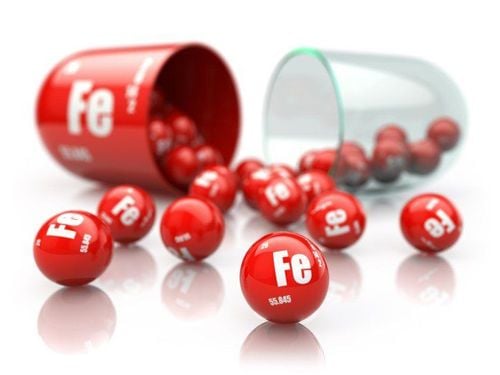
Thuốc sắt có thể tác động lên hệ tiêu hóa và gây tiêu chảy
6. Drugs causing liver damage side effects
The liver is also an organ of the digestive system. The role of the liver is to process most drugs that enter the bloodstream and to govern how drugs work throughout the body. Once the drug enters the bloodstream, the liver converts the drug into chemicals that the body can use and removes harmful chemicals that other organs cannot tolerate. In the process, these chemicals can attack and damage the liver.
Drug-induced liver damage can resemble symptoms of any acute or chronic liver disease. The only way a doctor can diagnose drug-induced liver damage is to stop taking the suspected drug and rule out other liver diseases through diagnostic tests. However, long-term use of drugs that are absorbed from the intestines can cause chronic liver damage and scarring of the liver.
Drugs that can cause serious liver damage include: Acetaminophen (and even in small doses but taken with alcohol), anticonvulsants (such as phenytoin, valproic acid), the blood pressure lowering drug methyldopa, sedatives chlorpromazine, anti-tuberculosis drugs (isoniazid, rifampin), and vitamins such as vitamin A or niacin.
For people who have ever had liver disease or gallstones, they should tell their doctor before taking any medicine to ensure safety and no side effects.
In summary, there are many oral medications that can affect the digestive system, including prescription or over-the-counter drugs. Therefore, each person should be careful when using drugs absorbed from the intestine. If possible, consult your doctor before use, absolutely do not self-medicate without consulting or prescription from a doctor or pharmacist.
Please dial HOTLINE for more information or register for an appointment HERE. Download MyVinmec app to make appointments faster and to manage your bookings easily.
References: hopkinsmedicine.org, endo-world.com




